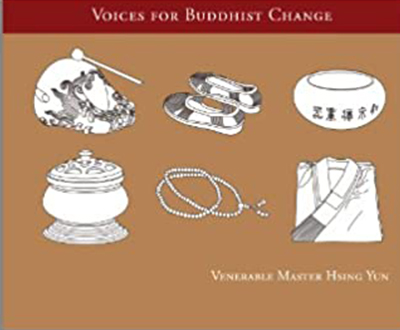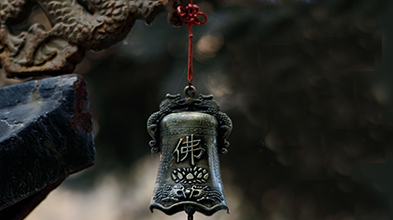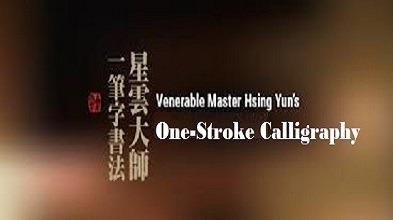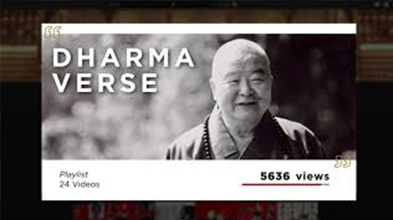Wisdom from Chinese Literary and Buddhist Classics
365 Days for Travelers
8/3: MIDDLE WAY
Nagarjuna (Approx. 150 - 250)Translated into Chinese by Kumarajiva (344 - 413, Eastern Jin Dynasty)
English translation: You Zai
All dharmas that arise from causes and conditions,
I call them emptiness.
They are also provisional names,
And also the Middle Way.
── from Mulamadhyamaka Karika
(Treatise on the Middle way)
DHARMAS ARE INHERENTLY EMPTY OF NATURE
Dharmas are inherently empty of nature,
Neither arising nor ceasing;
Originally quiescent,
Nirvana is one’s nature.
── from Mahaprajnaparamita Upadesa
(Treatise on the Great Perfection of Wisdom)
THREE DHARMA SEALS
Translated into Chinese by Yijing (635 - 713, Tang Dynasty)English translation: You Zai
All phenomena are impermanent,
All dharmas are non-self,
Nirvana is perfect tranquility,
Such are the Three Dharma Seals.
── from Mulasarvastivada Vinaya
(Original Monastic Code of the Sarvastivada School)
DEPENDENT ORIGINATION
Dharmakirti (Approx. 600 - 700)Translated into Chinese by Fahu (963 - 1058, Song Dynasty) and Richeng (Years unknown)
English translation: You Zai
All phenomena arise from causes and conditions,
All phenomena cease by causes and conditions.
Our Buddha, the great Sramana,
Always speaks in this way.
── from Siksasamuccaya
(Compendium of Buddhist Doctrine)
What's New?
AUGUST

Humble Table, Wise Fare
INSPIRATION
Recorded by Leann Moore 0:13
Have a mouth full of good words.
Have a hand full of good deeds.
Have a face full of smiles.
Have a heart full of joy.

Dharma Instruments
Venerable Master Hsing Yun grants voices to the objects of daily monastic life to tell their stories in this collection of first-person narratives.

Sutras Chanting
The Medicine Buddha SutraMedicine Buddha, the Buddha of healing in Chinese Buddhism, is believed to cure all suffering (both physical and mental) of sentient beings. The Medicine Buddha Sutra is commonly chanted and recited in Buddhist monasteries, and the Medicine Buddha’s twelve great vows are widely praised.

Newsletter
What is happening at Hsingyun.org this month? Send us your email, and we will make sure you never miss a thing!





